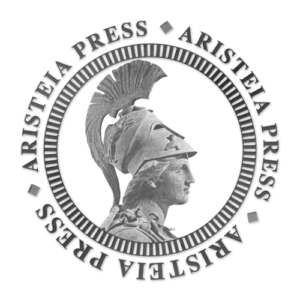The Church
‘But has there ever been a social discipline that fitted Outsiders perfectly? Yes. Historical fact leaves no doubt that the Church of the Middle Ages provided such a discipline. It fitted everyone in society, from the highest intellectual types to the meanest artisan. And this has been true of every ‘church’ in history — Hindu, Buddhist, Zarathustrian, Taoist, Mahometan. When these churches were at the height of their health and strength, there were no ‘Outsiders.’ The men of genius were born into a thriving tradition; all of them — thinkers, painters, musicians, storytellers — created for the glory of the Church.’
‘Undoubtedly, the Christian Church made for higher civilisation and culture. First, and most important, it provided men with a sense of spiritual purpose and direction. It emphasised the reality of the spirit. Its authority was entirely for the good, for it gave even the stupidest men a sense of being a part of a great universal scheme.’
‘Moreover, it provided a refuge for Outsiders. The Outsider, I have said, is the prophet in embryo. When a man felt a stirring of those same urges that inspired Jesus — the need to seek for ‘more abundant life’ — he entered the Church, and was able to turn his spiritual energy to good purpose. The Outsider is the anti-world man and the Church which had always declared: ‘My kingdom is not of this world’ was the perfect home for him.’
‘But naturally, things began to go wrong. As the Church grew stronger, it also grew more arrogant (Toynbee’s ‘hybris’), more authoritarian. The Outsiders began to find it more and more intolerable. The Outsider naturally begins as an anarchist; it is not until he has begun to understand his spiritual urges that he ceases to be destructive, and concentrates on creation. As the Church became more and more certain of its own power, it ceased to be so tolerant of that early anarchist phase in the Outsiders. In the eleventh century, a sect called the Paterines had objected to simony and other abuses, and the Pope had been glad enough to make use of them in his battle to prevent priests from marrying. A mere century later, Peter Waldo was excommunicated when he objected to the abuses of the Church. The Church was no longer willing to absorb Outsiders who would not knuckle under to its authority from the outset.’
‘This, then, is the situation with which we are faced today: on the one hand, the Church, still using the Vicarious Atonement as its cornerstone; on the other, the scientists and rational philosophers, very many of them men without imagination or inspiration. Between them stand the men who are painfully aware of not belonging to either great tradition: the Outsiders.’
‘The aim of the Church has always been to persuade men to behave as if they were something greater than a bundle of appetites and perceptions. In the twentieth century, science has told man that he is just that and no more.’
‘Open religion is the inspired religious insight of the prophet and saint; closed religion is the ritual and law of a Church. On any level, this opposition between the living force and the forms which it puts on like garments, implies existentialism.’



